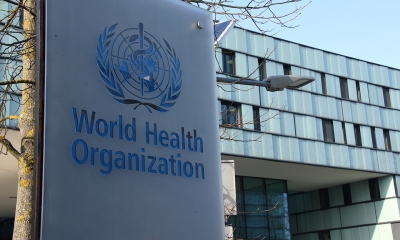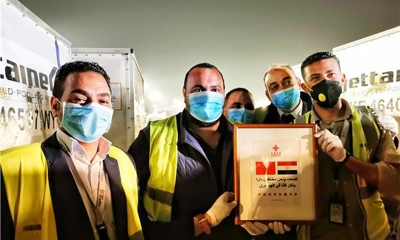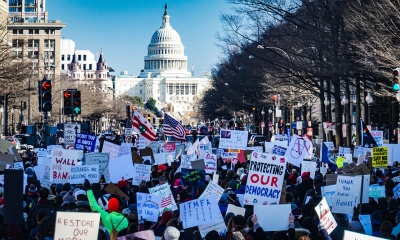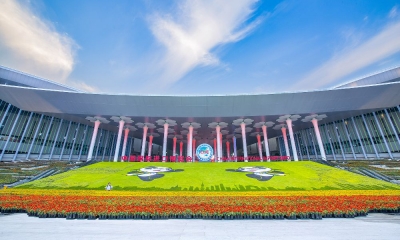A New Chapter of China-Africa Cooperation
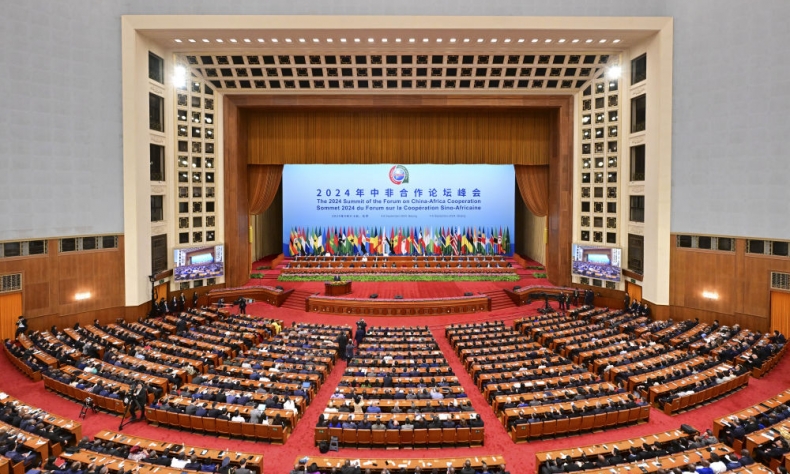
China-Africa cooperation can be considered as a model for the world cooperation, with mutual respect and sincerity as the keys to its success.
Chinese President Xi Jinping proposed that “the overall characterization of China-Africa relations be elevated to an all-weather China-Africa community with a shared future for the new era” in his keynote address at the opening ceremony of the 2024 Summit of the Forum on China-Africa Cooperation (FOCAC) on September 5, 2024.
In this speech, it was clear that President Xi had a deep understanding of the African continent, including its economic, social and security conditions, the challenges it faces, and the opportunity it has and can achieve.
This time, cooperation plans were put in place to be comprehensive and aligned with the aspirations of African leaders and peoples for cooperation with China. The Chinese president began his speech by elevating bilateral relations with all African countries having diplomatic ties with China to the level of strategic relations, reflecting the depth of relations China has reached with the African continent.
Three most important pillars for African development
In his keynote speech, President Xi announced that in the next three years, China will work with Africa to take 10 partnership actions for modernization to deepen China-Africa cooperation and spearhead the Global South modernization.
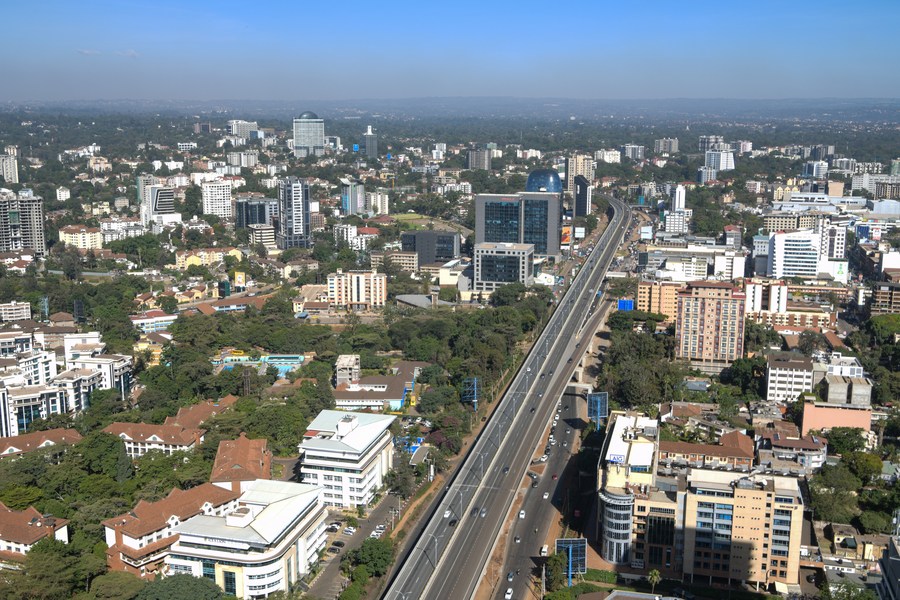
Investments in infrastructure, industry and agriculture are essential to build strong economies in Africa. The third, fourth, and seventh partnership actions are focused on these pillars. In terms of industrial chain cooperation, China will work together with Africa to build a digital technology cooperation center and initiate 20 digital demonstration projects so as to embrace together the latest round of technological revolution and industrial transformation.
On the sidelines of the summit, the Egyptian Suez Canal Economic Zone signed contracts with Chinese companies for industrial projects worth one billion dollars to establish factories to manufacture chemical and food products, bromine, and renewable energy generating components. Zambia’s state-owned energy company Zesco signed a deal with Beijing-based Power China Group to expand the use of rooftop solar panels in the country, and Nigeria signed an agreement to deepen cooperation in infrastructure development, energy and mineral resources. Tanzanian President Samia Suluhu Hassan has secured a commitment from China to speed up construction of a railway line linking Tanzania to neighboring Zambia. The project is vital to this resource-rich part of Africa. Zimbabwe has also secured promises from Beijing to deepen cooperation in agriculture, mining, traditional and environmentally friendly energy and transport infrastructure. Harare and Beijing have also agreed to sign a deal allowing Zimbabwean avocados export to China.
In terms of agriculture, China will provide Africa with one billion yuan in emergency food assistance, build 100,000 mu (about 6,670 hectares) of standardized agriculture demonstration areas in Africa, send 500 agricultural experts, and establish a China-Africa agricultural science and technology innovation alliance. Besides, China will implement 500 programs in Africa to promote community welfare. China will also encourage two-way investment for new business operations by Chinese and African companies, enable Africa to retain added value, and create at least one million jobs for Africa.
In the area of infrastructure, China is prepared to carry out 30 infrastructure connectivity projects in Africa, promote together high-quality Belt and Road cooperation, and put in place a China-Africa network featuring land-sea links and coordinated development. China will assist in the development of the African Continental Free Trade Area, and deepen logistics and financial cooperation for the benefit of trans-regional development in Africa.
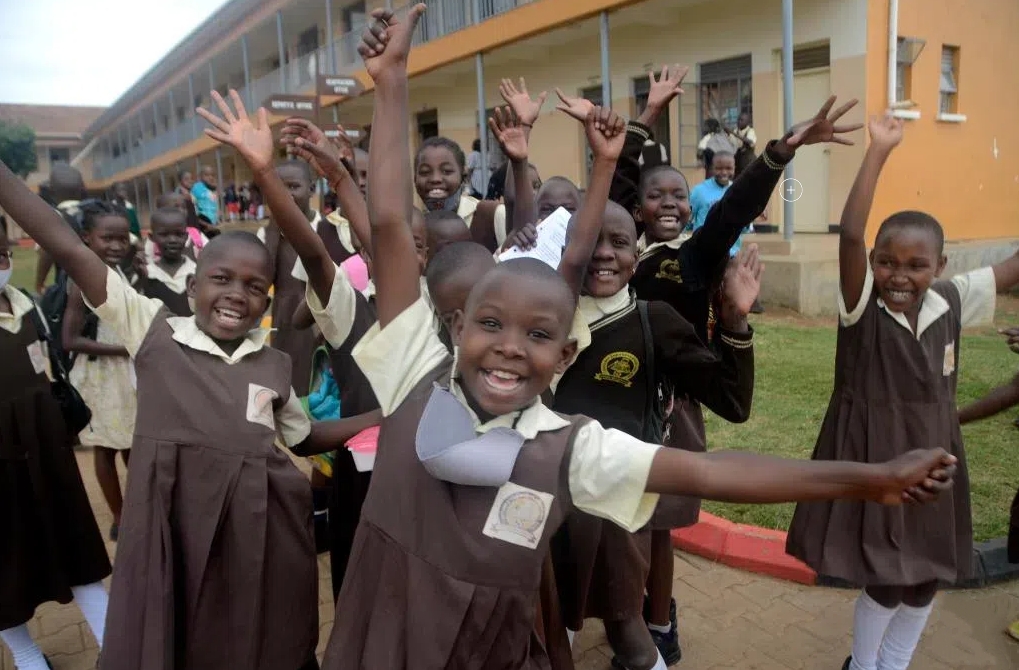
Deepening cooperation with Africa in more fields
Libya has been suffering from political and security instability since 2011. On September 4, Chinese President Xi Jinping and President of the Libyan Presidency Council Mohamed al-Menfi announced the establishment of a strategic partnership between the two countries. China’s stance of supporting Libya’s stable development and boosting friendly bilateral cooperation will not change no matter how the situation evolves, President Xi said.
As part of the Chinese cooperation plan, a partnership with Africa will be established to implement the Global Security Initiative (GSI), and make it a fine example of GSI cooperation. China will give Africa one billion yuan of grants in military assistance, provide training for 6,000 military personnel and 1,000 police and law enforcement officers from Africa, and invite 500 young African military officers to visit China. The two sides will conduct joint military exercises, training and patrol, carry out an “action for a mine-free Africa” and jointly ensure the safety of personnel and projects.
China knows the importance of human resources in achieving development, and has therefore made a large plan in this field. China will implement with Africa more solidly the Future of Africa-Vocational Education Cooperation Plan, establish together an engineering technology academy, and build 10 Luban Workshops. China will provide 60,000 training opportunities to Africa, mainly for women and youths. China will launch with Africa a Cultural Silk Road program as well as an initiative of cooperation on innovation in radio, TV and audio and visual programs. The two sides have agreed to designate 2026 as the China-Africa Year of People-to-People Exchanges.
The volume of trade exchange between China and Africa reached 282 billion dollars in 2023, and China is Africa’s largest trading partner for the 15th consecutive year. President Xi announced in his speech to give 33 African countries zero-tariff treatment for 100 percent tariff lines, which is a real proof of China’s intention to open its markets to African products and encourage African companies to export.
China-Africa cooperation can be considered as a model for the world cooperation, with mutual respect and sincerity as the keys to its success.
The article reflects the author’s opinions, and not necessarily the views of China Focus.
 Facebook
Facebook
 Twitter
Twitter
 Linkedin
Linkedin
 Google +
Google +




